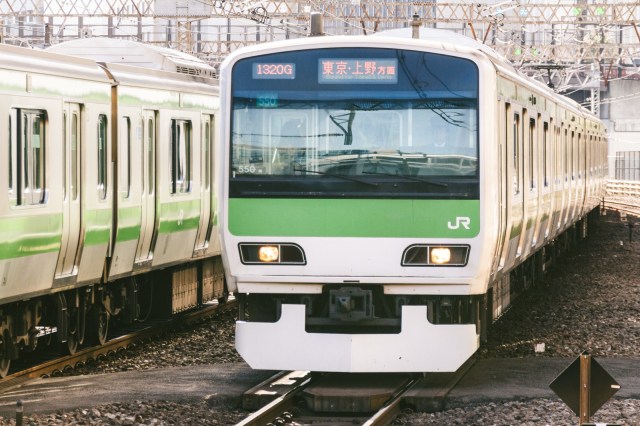
The biggest pain in the butt about trains in Tokyo is going to get more painful.
Tokyo’s train network gets a lot of praise, and with good reason. It’s punctual, clean, safe, and reasonably priced. There is one frequent complaint, though, which is the time for the last trains of the night, and it’s an annoyance that’s going to get worse following a new announcement by rail operator JR East (East Japan Railway Company).
In general, most lines’ last train departs at about 12:15 a.m., but the big problem comes if you have to transfer on your way home, which is pretty common given how many different lines snake across the city and its neighboring towns. If you have to transfer from Line A to Line B, and then maybe even Line C after that, you need to start heading for home well before Line A’s last train, unless you want to get stuck shelling out for an expensive taxi ride or a night in a capsule hotel after you get stranded half-way to your hotel or apartment.
Come spring, you’re going to need to call it a night even sooner. That’s when JR East has announced it’ll be moving up the time of the last train by roughly 30 minutes on lines within a 100-kilometer (62-mile) radius of Tokyo Station. The rescheduling will affect nearly every major JR line in the capital, including the Yamanote, Chuo, and Sobu Lines, as well as portions of Kanagawa, Saitama, and Chiba Prefectures that connect to Tokyo by rail.
JR East cites two reasons for the change, starting with a decrease in late night passenger numbers since the start of the coronavirus pandemic. Late-night riders were often on their way home from overtime work or dining/drinking with friends, but with many people now working from home and limiting their socializing, JR East says it’s time to rethink their service. Secondly, the company says an earlier time for the last train will allow more time for short-handed maintenance and inspection crews to perform duties that can’t be done while trains are running.
“Even after infections are under control, we think that rider numbers will not return to their regular levels,” said JR president Yuji Fukasawa in announcing the change. “We are also experiencing a severe shortage in the number of workers necessary to maintain our facilities, so I would like our passengers to understand this decision.” The company says it also plans to reschedule the first train of the morning on some lines for a later departure as part of the spring timetable shakeup.
While those with a classically industrious lifestyle may argue that even 11:30 is far too late to be out galivanting around instead of getting ready for bed and the responsibilities of the next day, it’s worth bearing in mind that not everyone works a 9-to-5 job, especially in Japan. Many office workers regularly do overtime that doesn’t have them clocking out until several hours after sundown. The same goes for retail workers, even on weekdays, and restaurants workers’ shifts often don’t end until close to midnight. If there’s something they need to do, or someone they need to see, after work, there’s not always much time left before last train, and that window is going to be even smaller when the new timetable goes into effect next spring.
Source: NHK News Web
Top image: Pakutaso
Insert images: Pakutaso
● Want to hear about SoraNews24’s latest articles as soon as they’re published? Follow us on Facebook and Twitter!